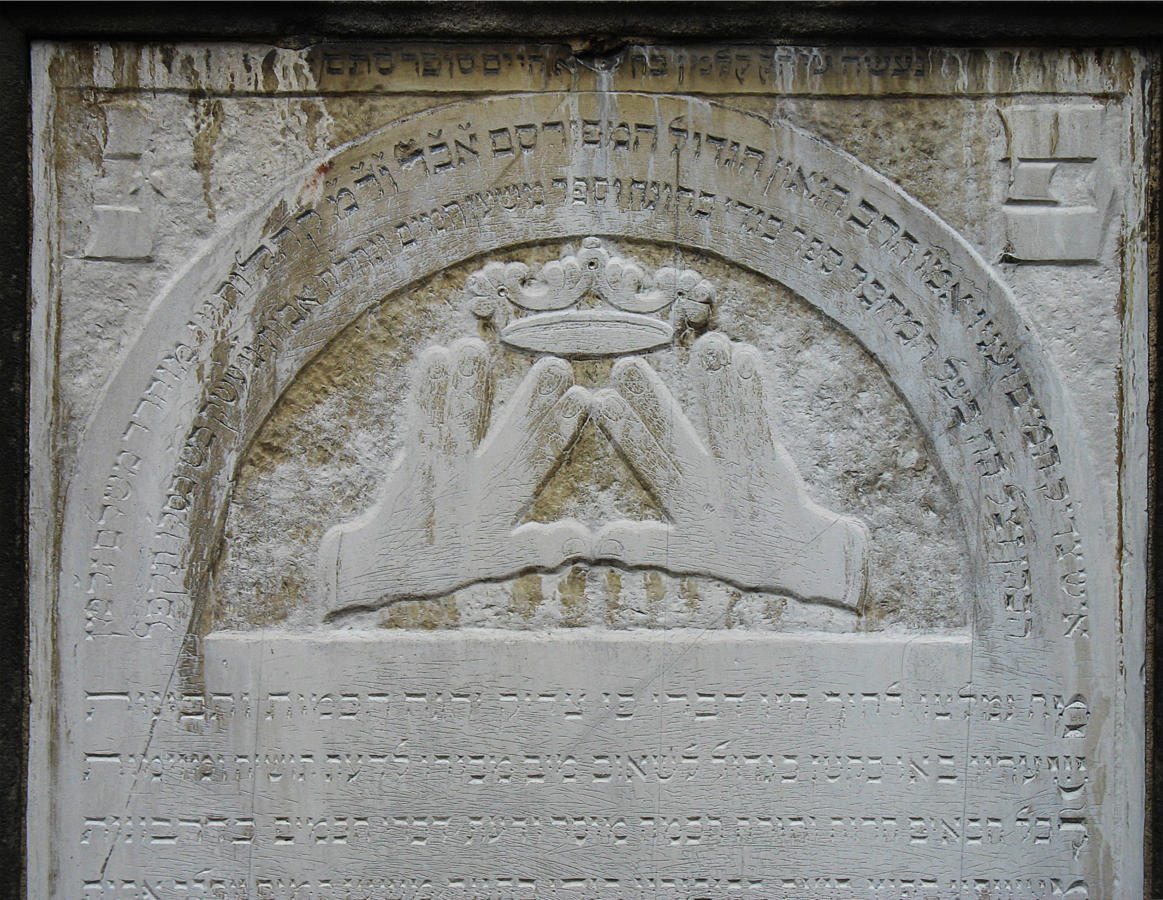Commentary on Parashat Nasso, Numbers 4:21-7:89
In Parashat Nasso, nestled between the laws of how various tribes were to serve in the Temple, the laws related to a suspected adulteress and laws of naziriteship, we find a gem of a prayer: the Priestly Blessing. This blessing is one of oldest known blessings from the Torah, its words inscribed on a 7th century BCE mortuary site just outside the old city of Jerusalem. Written on thin silver sheets, these words were rolled up into scrolls and worn as amulets around the neck.
The text of the blessings is found in Numbers 6:23-26:
May God bless you and protect you
May God deal kindly and graciously with you
May God bestow favor upon you and grant you peace.
Throughout the millennia, many biblical commentators have tried to explain these ancient, powerful words. The blessing has been understood as a request for material sustenance, protection from evil, spiritual enlightenment and a glimpse of everlasting peace. Whatever the particulars of the request, the blessing clearly aims to evoke God’s name in asking for the fulfillment of physical, emotional, mental and spiritual needs.
In ancient times, the blessing was recited by the priests as part of the Temple service. To this day, some Jewish communities still have the priests (or kohanim) offer the blessing during morning services on Shabbat and Jewish holidays. On Friday night, it’s customary for parents to bless their children with these words before the Shabbat meal. And in some congregations, a rabbi will offer it to a child upon becoming a b’nai mitzvah.
With your help, My Jewish Learning can provide endless opportunities for learning, connection and discovery.
Less well known is the blessing’s connection to sleep. The Priestly Blessing is part of the liturgy of the bedtime Shema, the prayer we recite before we go to sleep each night. Also part of the bedtime liturgy is a verse from Song of Songs 3:7-8 that references the 60 armed guards surrounding King Solomon’s bed to protect him from night terrors. The number of letters in the Priestly Blessing is also 60, suggesting that both these verses are recited to help us feel protected when we are at our most vulnerable.
The sense of security and protection that enables us to sleep restfully often becomes elusive after the death of a loved one. We may wonder how we can feel safe and protected again when someone we love has been taken from us. We may ask how God can again deal graciously with us when we feel robbed of years living with someone who has passed. We may wonder if we’ll ever feel true peace again.
The Priestly Blessing might seem like it cannot make sense to those suffering from deep grief and loss. But it’s also possible to read its wisdom as a road map back to a sense of wholeness.
The ancient commentators read the first line of the blessing as asking for basic sustenance. In the immediate wake of a loved one’s death, that’s all we might be able to ask for. It’s enough just to get through the day. In the midst of intense sadness, merely tending to our basic physical needs is often the most we can muster.
After some time passes, and our minds and bodies may begin to feel a bit more stable, we may begin to appreciate once more the grace and kindness in our lives. This is what we ask for in the second line of the blessing.
Finally, comes the request for peace. As our physical, emotional and mental parts feel more secure, we might once again feel parts of our previous selves returning, integrating with the brokenness that still remains after death. All these pieces may begin to lead us toward shalom, a sense of wholeness and integration.
After loss, sometimes it is hard to see the blessings we have in our lives and in the world. Giving ourselves time to grieve, taking care to nurture the fullness of who we are as humans, can lead us to a place where we feel God’s blessings, protection, kindness, grace, favor and peace.
This article initially appeared in My Jewish Learning’s Reading Torah Through Grief newsletter on June 2nd, 2023. To sign up to receive this newsletter each week in your inbox, click here.
Looking for a way to say Mourner’s Kaddish in a minyan? My Jewish Learning’s daily online minyan gives mourners and others an opportunity to say Kaddish in community and learn from leading rabbis.



